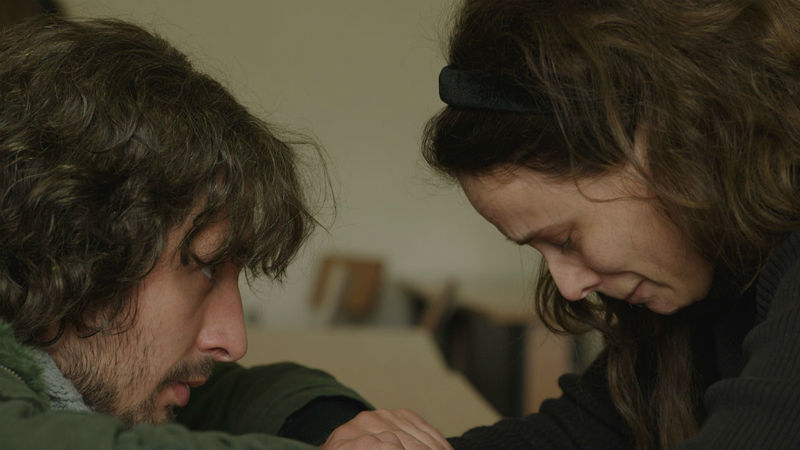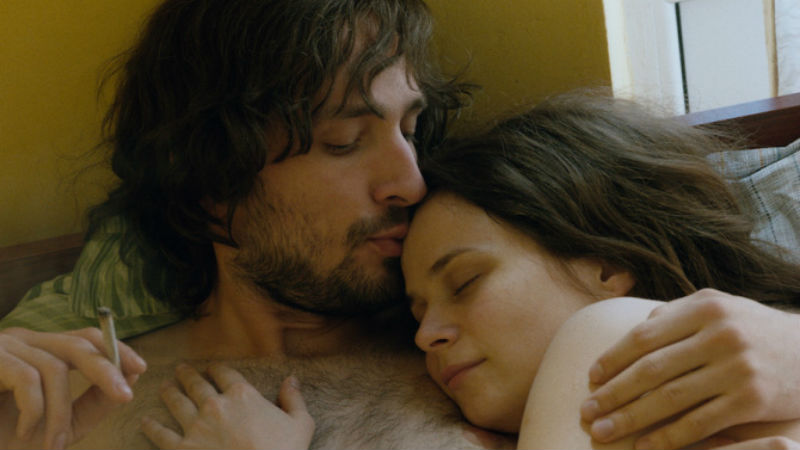QUICK SNAP: LIVE FROM SARAJEVO
Being the only policeman in a small village in Northern Romania shouldn’t be that hard. There might be the odd six families that do all the stealing, but for the most part all you really have to do is run errands for the mayor and not get into trouble. So Ilie – played by popular Romanian comedian Iulian Postelnicu – tells a new recruit (Anghel Damian) fresh from the academy. Ilie really doesn’t care about the job. What he really wants is an orchard. But the question is how much is he willing to compromise in order to get it?
Paul Neghoescu’s feature is a blackly comic satire on politics as it’s played out at the local and potentially most corrupt level. There is an obvious beauty to the countryside, though the village has recently been hit by floods, and one can understand Ilie’s longing for a little piece of land and something to look on with joy. The locals are a mix of free roaming chickens, mouth-breathing thugs and headscarved hardworking women and the powerful leaders of the community comprised of the avuncular major Constantin (Vasile Muraru) and his brother (Daniel Busuioc) a lumbering potentially psychopathic priest.
And Ilie himself is an ‘anything for a quiet life’ type. A brutal murder disrupts the delicate balance, but even so Ilie does his best to keep the peace with the added incentive of an orchard the mayor might be willing to give him cheap. The academy fresh rookie has other ideas though and risks upsetting the balance. As the violence begins to escalate, including the intimidation of the victim’s widow (Cristina Semciuc) who Ilie has an unrequited crush on, the hapless policeman must work out which side he truly wants to stand on.
Postelnicu is superb and the film at times seems to exist more as a vehicle for his obvious talents rather than an independent entity in and of itself. His policeman is a slacker who seems to have found something like the quiet life. He goes along to get along and has very little that’s admirable about him, but quite a lot which is likable. His thin frame and the deadpan face which always seems stuck between incomprehension and a grimace gives him a Keatonesque melancholy. As the film progresses however the tone shifts notably into something much darker and the last act slides into bloody farce. Whether the film has anything deeper to say about corruption and how winking at small misdeeds leads to ever deeper swamps of corruption is open to question. But there are comedies where even the cries of pain can become very funny – and no less real for that.
Men of Deed premiered at the 25th Sarajevo Film Festival, whichs is being held from August 12th to the 19th.










